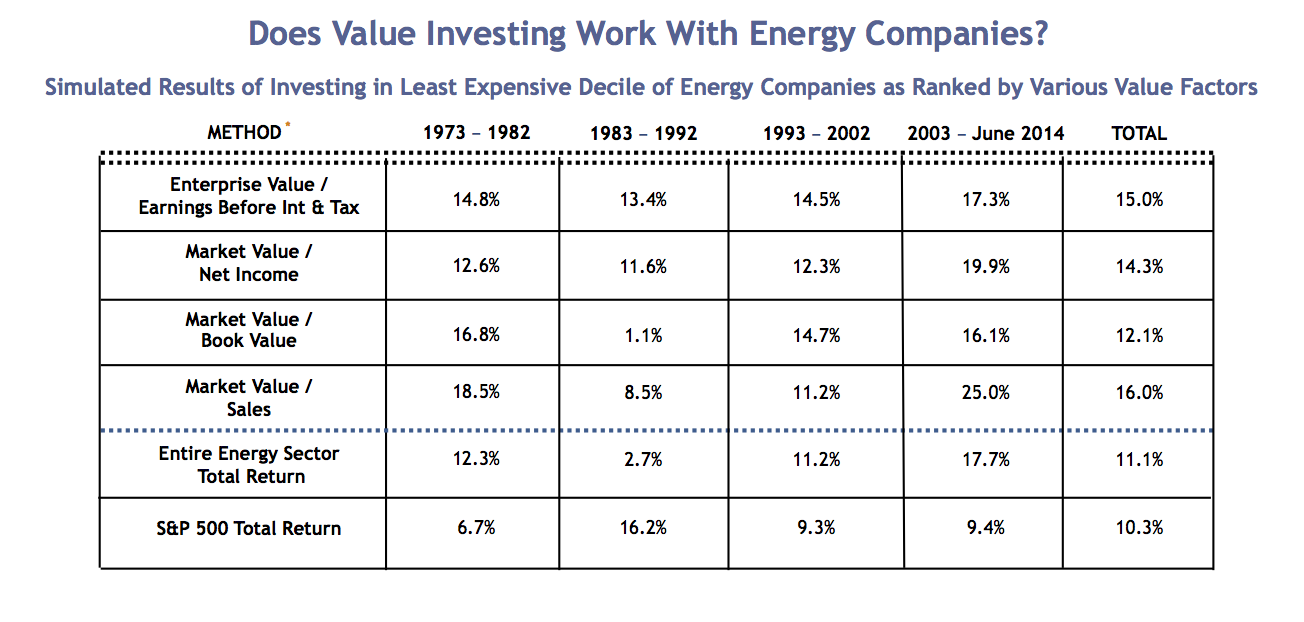If the idea of purchasing the stock market terrifies you, you are not alone. People with extremely limited experience in stock investing are either horrified by scary stories of the average financier losing 50% of their portfolio valuefor example, in the 2 bear markets that have already taken place in this millennium or are seduced by "hot suggestions" that bear the guarantee of substantial rewards but seldom settle.
The truth is that investing in the stock market carries danger, but when approached in a disciplined way, it is one of the most efficient methods to develop one's net worth. While the worth of one's home normally accounts for the majority of the net worth of the average private, the majority of the affluent and extremely rich normally have most of their wealth invested in stocks.
Secret Takeaways Stocks, or shares of a business, represent ownership equity in the firm, Have a peek at this website which give investors voting rights as well as a recurring claim on corporate revenues in the type of capital gains and dividends. Stock exchange are where specific and institutional investors come together to buy and offer shares in a public place.

An individual or entity that owns 100,000 shares of a company with one million outstanding shares would have a 10% ownership stake in it. The majority of companies have impressive shares that encounter the millions or billions. Typical and Preferred Stock While there are two main kinds of stockcommon and chosenthe term "equities" is associated with common shares, as their combined market value and trading volumes are many magnitudes bigger than that of preferred shares.
Preferred shares are so called since they have choice over the common shares in a company to receive dividends As possessions in the event of a liquidation. Typical stock can be additional classified in terms of their ballot rights. While the standard property of typical shares is that they should have equal voting rightsone vote per share heldsome companies have dual or numerous classes of stock with various ballot rights connected to each class.